Not all topics of conversation are easy to have. Sometimes it’s about money, sometimes it’s that someone has been cheated on, or other times it’s the topic of racism. However, just because a topic makes us uneasy doesn’t mean that we should shut down all communication or mention of it. It gives us a chance to assess our positioning, learn, and potentially help others.
Recently I submitted an article to a niche dance magazine. The piece was about the racism I’ve seen and experienced in this predominately white scene. It celebrated a space in that environment that was proudly occupied by black women. When the piece went to print, any mention of racism had been removed – the editor feared this would come across as “aggressive” and change the “positive tone” of the magazine.
Essential poll: most Australians believe there is institutional racism in the US but not Australia
Unfortunately, I’ve also seen this among my white friends – a desire to avoid talking about racism at all costs. Whether I try to start a discussion about inappropriate jokes they’ve made about assimilation, or I reach out to them for dialogue and support over the Black Lives Matter movements here and abroad, I will nearly always get the same response: deafening and disappointing radio silence.
I suppose I understand to some extent – it’s uncomfortable. It’s uncomfortable to talk about race, our unconscious biases and our privileges. What’s even more uncomfortable though is living through and experiencing racism.
It was uncomfortable the way my year 11 drama class looked at me any time there was lingo in the script for “The 7 Stages of Grieving” and they expected me to know it. It was uncomfortable being in a fitness facility and hearing a white instructor “compliment” a white student’s new fake tan with the n-word. It was uncomfortable hearing that my younger sister was called this same word somewhere between grades one and three. It’s uncomfortable hearing about deaths in custody, high suicide rates, health inequality, stolen wages and colonisation and its long lasting impacts.
It’s uncomfortable living and dealing with the hand Aboriginal and Torres Strait Islander people have been unfairly dealt in this country and the very little that has been done about it.
It’s important that non-Indigenous folk are having these chats among themselves
When I bring these topics up I’ll receive a pretty standard response: unease and someone telling me that I come across as too aggressive. It’s befuddling to me that I’m not allowed to be angry about the racism I’ve seen and endured my entire life.
To be able to step away from these conversations, censor them in articles and ignore messages from friends who are trying to reach out for potential allies is an absolute position of privilege. The privilege is in not being a repeat victim of racism first-hand. The privilege is that you can distance yourself from the conversation and remove yourself from the experience. The privilege is that you can simply decide to plug your ears, cover your eyes, and not experience any negative effects.
I suppose I could turn off my phone or avoid the comment sections too, but that wouldn’t stop someone from following me around the store or thoroughly searching through my bag.
That’s exactly why we all need to get comfortable with being uncomfortable.
There are countless moments in history where progress has only been made because conversations were had. From voting rights, to marriage equality, to the fight for citizenship, to human rights. None of these things were achieved through comfort and silence. Conversations were started, continued, shouted, and are still being had to ensure that nothing goes backwards and that we keep the ball rolling. The louder the conversation, the more likely it is that change will happen.
This is black liberation in Australia – the time is here to be on the right side of history
It’s no mystery why most, if not all of the times I’ve been met with this silence it has been from white people. Aboriginal and Torres Strait Islander people have no choice but to hear and care about these things. We have no choice but to fight these fights and have these conversations. We’re born into a life of having to fight tooth and nail for every last inch of equality.
It all links back to the privilege to be able to walk away from these topics. The privilege to learn about them, rather than experience them.
However, not every black person is going to reach out to their white friends to educate them the way I did (Google is free and we don’t owe anyone a free education). Which is why it’s important that non-Indigenous folk are having these chats among themselves.
Assessing your own positioning is uncomfortable. Changing your framing is hard. Admitting you know little about a topic can be frightening. But think about how easy you have it to be able to sit back with a cup of tea and talk about racism, rather than having to face it.
If it’s that easy, there’s no reason to not get comfortable with the uncomfortable.
• Bizzi Lavelle is a Wakka Wakka woman living in Brisbane. She studies Aboriginal and Torres Strait Islander studies, sociology and gender studies. She is an educator, activist and performer
/TGA
2021-05-04 02:43:33


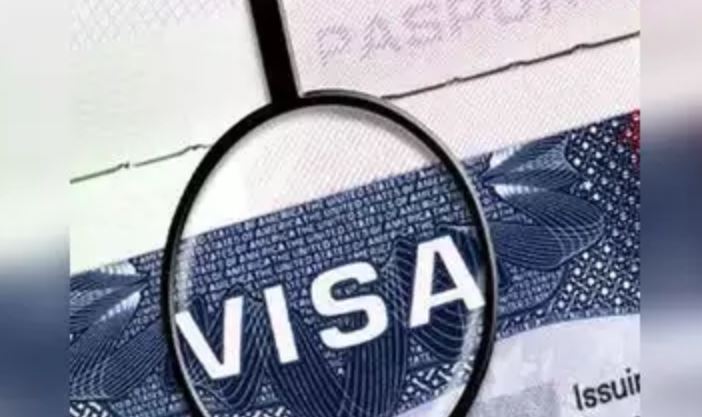





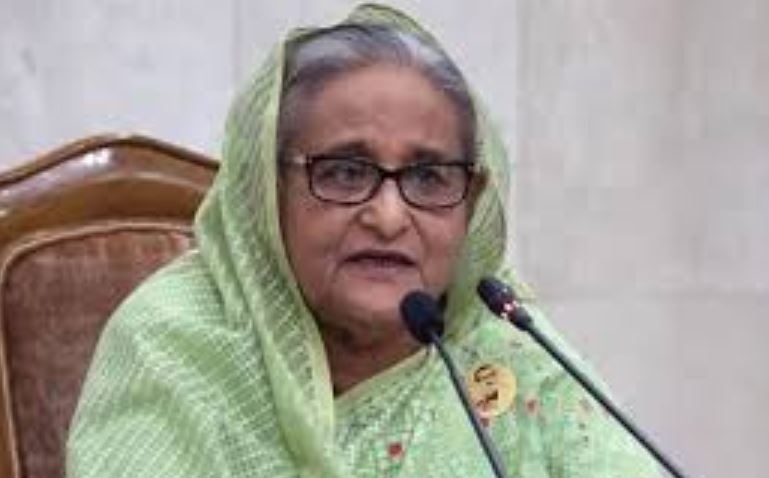

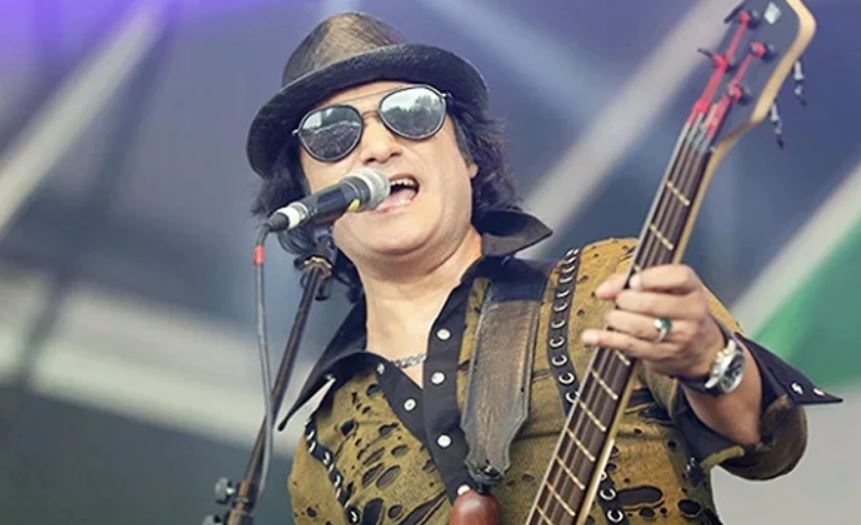

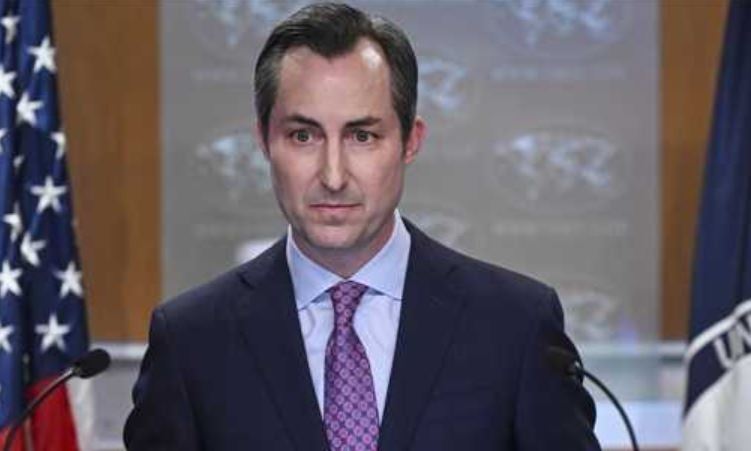











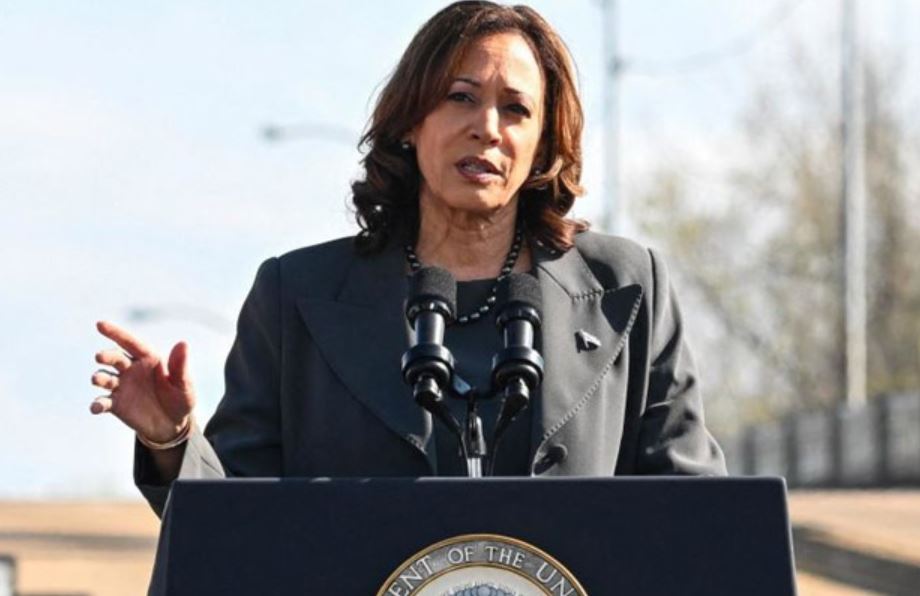

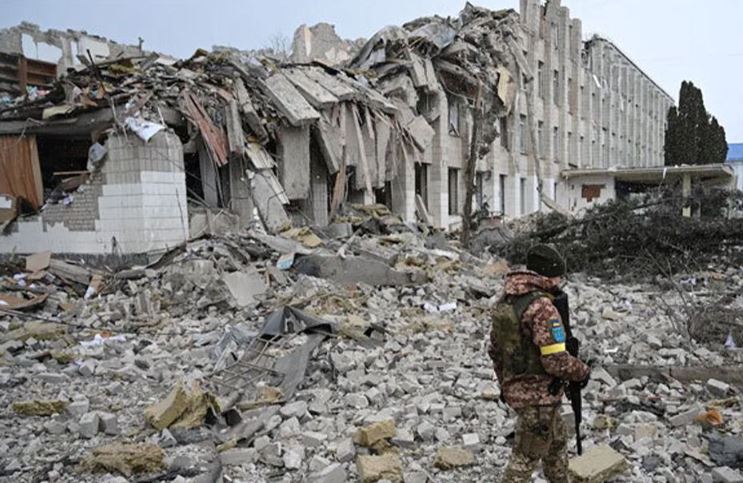

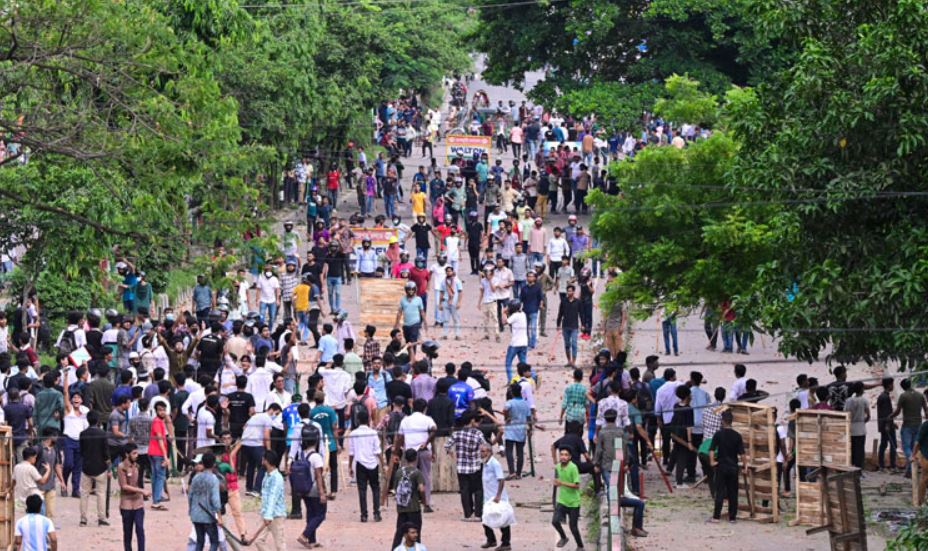

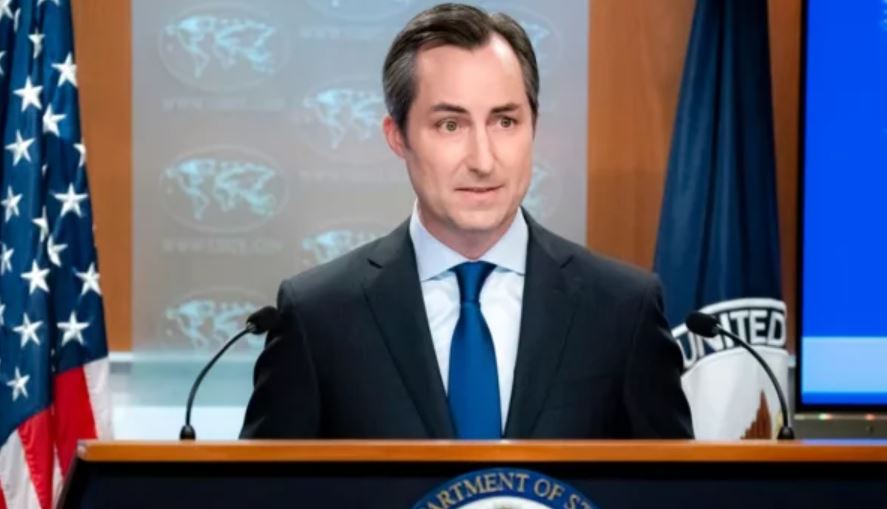

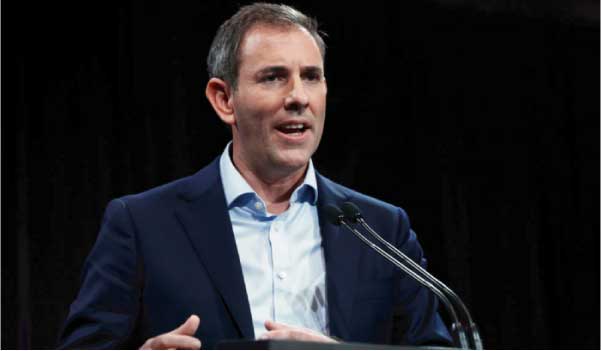





আপনার মতামত লিখুন :